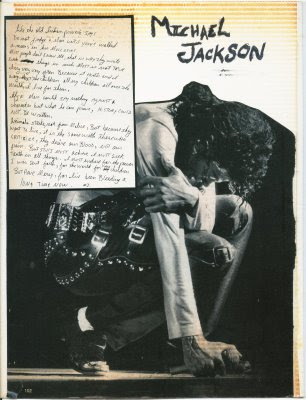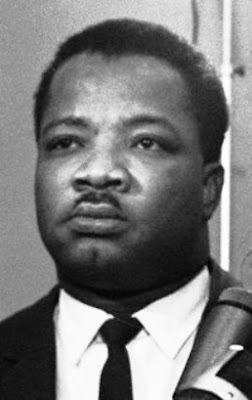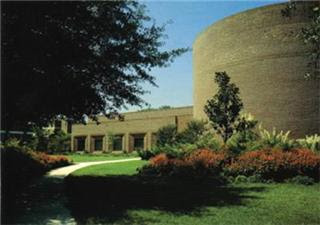To Walk a Lifetime in Michael Jackson's Moccasins

(Michael Jackson on stage circa 1995. Photographer unknown.) You probably can’t read the words on the note next to the accompanying photo of Michael Jackson, but they were handwritten by the singer himself during the mid 1990s when he was constantly on tour and just as constantly a subject of much public ridicule and condemnation. This note was composed on hotel stationery and, complete with original spellings, grammar, and format, reads as follows : “like the old Indian proverb says do not judge a man until you’ve walked 2 moons in his moccasins. Most people don’t know me, that is why they write such things in wich most is not true I cry very very often because it hurts and I worry about the children all my children all over the world, I live for them. If a man could say nothing against a character but what he can prove, history could not be written. Animals strike, not from malice, but because they want to live, it is the same with those who criticize, they desire our blood, not our


